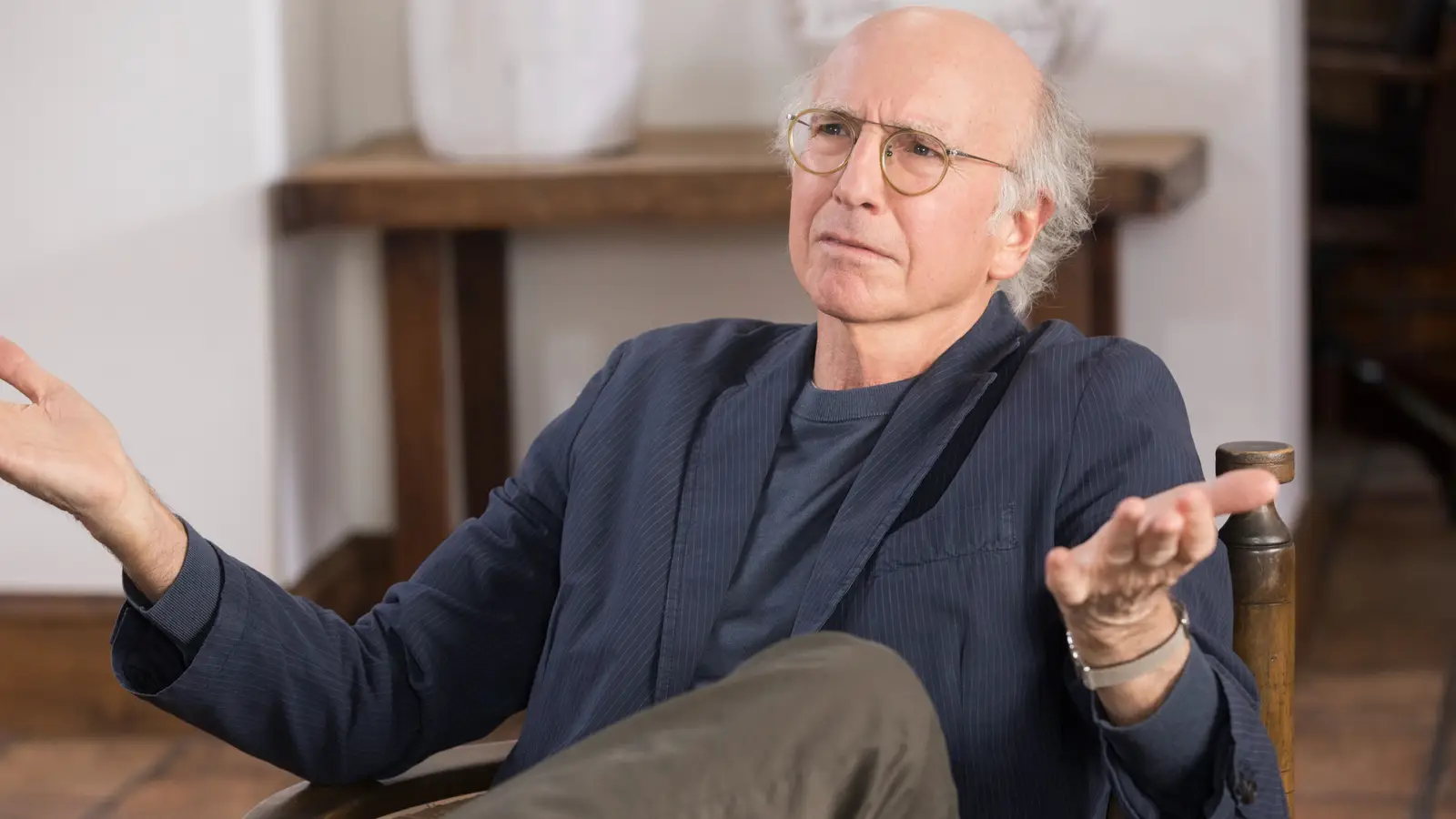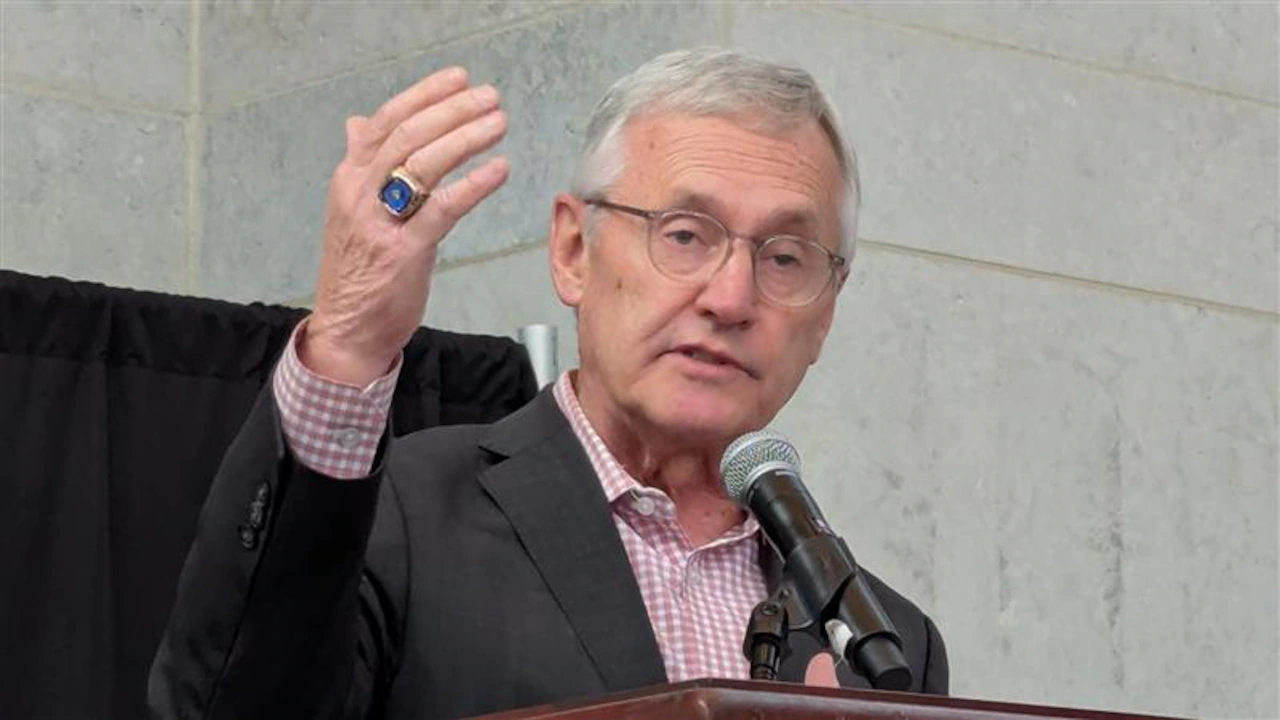
HBO shows tend to only go for a couple of seasons, but longer-running series like The Wire and Sex and the City are TV masterpieces. While the traditional broadcast networks want their shows to run for as long as possible, HBO’s original programming favors shorter runs that maintain a show’s artistic integrity.
From Barry to Succession, HBO’s best shows tend to end before making it to five seasons. But plenty of the cable giant’s masterpieces made it to season 5.
Sex And The City
6 Seasons
Sex and the City was way ahead of the curve in portraying women as more than just wives and mothers. It revolved around four women living in New York, each with their own careers, aspirations, and personality traits. Sex and the City was a smash hit, because no other show was spotlighting women like this.
It was also one of the first shows that let its female characters have flaws. The characters in Sex and the City don’t always make good choices — in fact, the opposite is usually true — but they always face consequences for the bad ones. It was sometimes frustrating to watch, but it was always compelling.
Oz
6 Seasons
HBO’s first original hour-long drama series is still one of its very best. Oz established all the hallmarks of an HBO show. It subverted the expectations of a well-worn movie genre (in this case, the prison drama), its cast featured recognizable actors from the movies (Ernie Hudson, Rita Moreno), and it was filled to the brim with gruesome, graphic violence.
Above all, Oz proved just how cinematic HBO’s original programming would be. It takes us inside the walls of a high-tech maximum-security prison and shows us guilty men facing the most extreme punishment imaginable. The series’ directors did a masterful job of capturing the claustrophobic atmosphere of the titular correctional facility.
Girls
6 Seasons
Lena Dunham brought the tenets of mumblecore filmmaking to the small screen with her HBO dramedy Girls. Girls essentially updated the Sex and the City formula for a modern audience, chronicling another quartet of young women going about their messy lives in New York, but it did so with a raw, bracing honesty that was missing from that ‘90s classic.
Years after it went off the air, Girls is being rediscovered by Gen Z audiences. It was written to reflect the foibles and insecurities of millennials, but those concerns have proven to be timeless, because the next generation is relating to these characters and their stories. Dunham tapped into something universal with this show.
The Larry Sanders Show
6 Seasons
Instead of becoming a late-night host like many of his peers, Garry Shandling created a self-aware sitcom about a version of himself who did become a late-night host. The Larry Sanders Show takes a peek behind the curtain at the inner workings of a late-night talk show and satirizes the ridiculousness of showbusiness.
Larry Sanders inspired other TV shows about the TV industry, like 30 Rock, and it even pioneered the walk-and-talk shooting style that’s often attributed to Aaron Sorkin. At the heart of the series is Shandling’s incredible performance. He nails every comic line delivery, but he also captures the dichotomy of Larry’s affable on-air persona and the neurotic wreck he is backstage.
Silicon Valley
6 Seasons
Few TV comedies have writing as sharp as Silicon Valley. It’s both a hilarious ensemble sitcom — with a ragtag group of lovable characters, each with their own quirky personalities and fizzling comedic chemistry with each other — and a spot-on satire of the pitfalls of the tech industry. This story perfectly captures the absurdity of the tech business.
A software engineer has an algorithm that could change the world, but he faces legal challenges, low user engagement, financial woes, corporate rivals, and panic attacks. He’s great at coding, but he’s ill-equipped to run a corporation — and the vultures are circling. Every season brings new conflicts and complications that keep Silicon Valley engaging from beginning to end.
Veep
7 Seasons
In the middle of its seven-season run, Veep turns into a completely different show. Armando Iannucci conceived Veep as an American reimagining of his British series The Thick of It. In its early seasons, it felt like a fly-on-the-wall documentary observing the cutthroat world of politics behind closed doors, swapping out The Thick of It’s Parliamentary setting for the White House.
But after season 4, Iannucci stepped down as showrunner and David Mandel took his place. Mandel turned Veep into more of a traditional sitcom, with broader humor and storylines focused more on the characters’ interpersonal conflicts than political satire. But that version of Veep, in its own way, was just as hilarious as the previous incarnation.
Game Of Thrones
8 Seasons
In its truncated final seasons, Game of Thrones went off the rails and raced through plot points that didn’t feel congruous to the characters we knew and loved. But before the trainwreck of seasons 7 and 8, Game of Thrones was one of the best shows on television, and it remains a gem despite its underwhelming ending.
What made Game of Thrones so special was its focus on human stories. It went beyond fantasy fans and attracted a mainstream audience across the world because it used its medieval fantasy setting as a springboard to tell universal stories about family and love and betrayal and the lust for power. It’s a masterclass in storytelling, for the most part.
Curb Your Enthusiasm
12 Seasons
After perfecting the sitcom with Seinfeld, Larry David completely reinvented the form with Curb Your Enthusiasm. Before Curb came along, it was standard for sitcoms to have rigidly scripted dialogue, a stale multi-camera setup on three-walled sets, and a clear delineation between the characters and the actors who were playing them. Curb changed all that with its radical new style.
David meticulously plotted each episode of Curb, but he left the actors to improvise their dialogue, a la Christopher Guest, which made each comic scenario feel more authentic. The crew shot on handheld cameras and the cast mostly played fictionalized versions of themselves (and the ones who didn’t play themselves used their own first names) to blur the line between fiction and reality.
The Sopranos
6 Seasons
The Golden Age of Television may have peaked with Breaking Bad, but it started with The Sopranos. After decades of TV following a very familiar formula, The Sopranos blew the medium wide open and revolutionized what a TV show could be. It has all the sex, swearing, and bloody violence that could only air on HBO, but it goes deeper than that.
The saga of Tony Soprano proved that TV protagonists don’t have to be likable or sympathetic; they just have to be interesting. Tony is a murderous mob boss who cheats on his wife, kills without remorse, and dips deli meat in jars of mayonnaise. But audiences still followed his story, because he was a captivating antihero.
The Wire
5 Seasons
The Wire’s five seasons come together to form a well-rounded journalistic study of crime and corruption in the American city. Every season feels like a different show, because David Simon and his writers tackled a different institutional problem in Baltimore (which they used as a microcosm of the United States at large) in each season.



